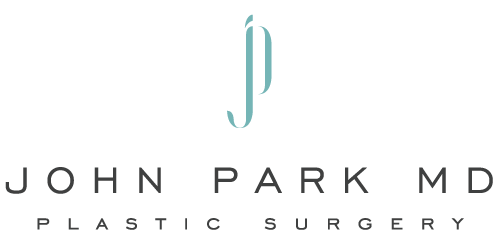
21 Jan Will The Stress Of Plastic Surgery Cause Hair Loss Or Weight Gain?
The Stressful Side Of Surgery
When a patient decides on plastic surgery, most think about the result. Some imagine how great a facelift will look or how amazing an augmentation will feel. However, patients tend to overlook the stress of surgery. Will the procedure work? Is the surgeon the best? Side effects? Then there’s the long, sometimes complicated recovery process. The stress can occasionally manifest as hair loss or weight gain.
Can surgery cause hair loss?
The stress of surgery can cause post-surgical hair loss. Regardless of the reason, stress is an invasive procedure. Even if the patient feels well, the body must recover from the trauma. Subconsciously the patient will be anxious about the results. Hair loss after surgery is actually from a condition called telogen effluvium (TE). The average human loses between 50-100 strands of hair daily. With TE, more hair follicles go into the telogen or resting phase, causing thinning and shedding.
Preventing hair loss
Stress, nutritional changes, and even surgery medication are common causes of TE. However, patients will be pleased to know the condition is temporary. Studies show that telogen effluvium can resolve in 3-6 months. To ensure this happens, patients must address the condition’s root cause. The treatment could include counseling, family support, a healthy diet, and rest.
What about weight gain?
Hair loss is not the only concern. Weight gain is quite common after plastic surgery. The stress of surgery can cause weight gain for several reasons. During recovery, patients tend to be more sedentary and prone to eat comfort foods, contributing to weight gain. Furthermore, the body tends to hold fluid, a side effect of inflammation or IV fluids. Known as edema, the fluid impacts joints but can happen throughout the body.
Getting weight under control
Weight gain adds to an already stressful situation. With fluid retention, the extra weight can subside over time. Speak with the surgeon about any sudden weight gain to review medication. If any drugs are causing fluid retention, the surgeon can suggest changes. A healthy whole grains and lean proteins diet can keep hunger pangs at bay. Once movement is safe, start with short walks and gentle activities, maintaining weight control.
Take the stress out of surgery
The goal of plastic surgery is to bring fantastic cosmetic results, but the process is stressful. Even if a patient does not feel stressed, the body goes through stress through incisions and moving tissue. Excess hair loss and weight gain are common side effects. The goal for patients is to identify these issues and take action quickly. The key is the proper support, counseling, and lifestyle changes during recovery.



